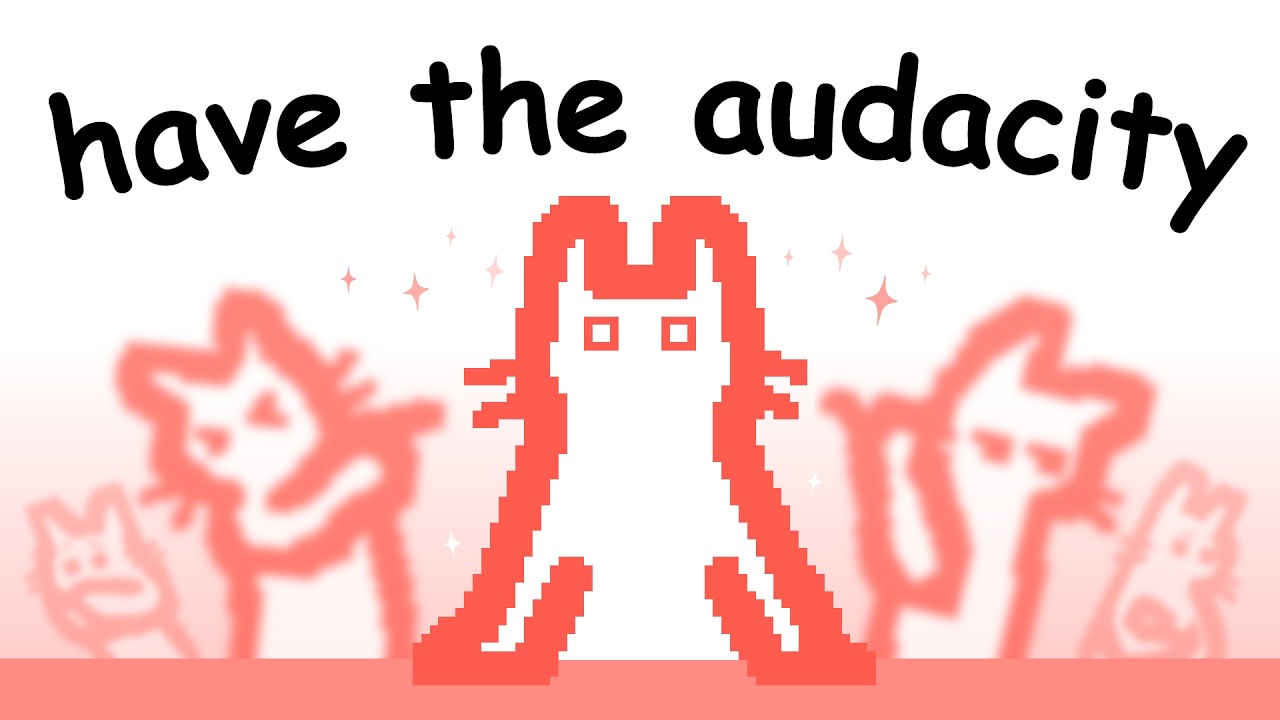ARGUMENTATIVE TEST DUTY UNTAN BATCH 7 - English Division
Summary
TLDRThe speech explores the societal and personal consequences of the narrative 'you don't owe anyone anything.' It examines how this mindset, while seemingly freeing, erodes empathy, communication, and responsibility both in intimate relationships and in broader societal contexts. On a personal level, it isolates individuals, denies closure, and prevents meaningful communication during breakups. On a societal scale, it discourages helping others and undermines communal cohesion, creating a self-centered, fragmented society. The speaker emphasizes the importance of recognizing the subtle ways this narrative impacts interactions, decisions, and social responsibility, ultimately calling for awareness and empathy to counteract its toxic effects.
Takeaways
- 🤔 The central narrative 'You don’t owe anyone anything' can hinder personal responsibility and empathy.
- 💔 In relationships, this mindset prevents closure and discourages honest communication between parties.
- 🛡️ This narrative encourages self-isolation and confirmation bias, making individuals prioritize their own perspective.
- 🌍 On a societal level, it reduces the willingness to help others, weakening social cohesion.
- 💸 Even small acts of kindness, like giving change to a homeless person, are impacted by this mindset.
- 🧠 Internalizing this narrative reinforces egoistic behavior and diminishes intrinsic motivation to assist others.
- ⚖️ The lack of societal or legal consequences for neglecting others allows this mindset to persist unchecked.
- 📉 When widely adopted, it can lead to a fragmented, lonely, and predatory society.
- 🧩 This mindset disproportionately affects interpersonal relationships, shaping how we view and interact with others.
- 🌱 Encouraging empathy and personal responsibility counters the negative effects of this narrative and strengthens social bonds.
- 🎯 The speech emphasizes the importance of balancing self-interest with societal responsibility for meaningful human connection.
- 🗣️ The narrative’s misuse illustrates how words and ideas can shape both intimate and public behavior in unintended ways.
Q & A
What is the main narrative discussed in the speech?
-The main narrative is 'you don’t owe anyone anything,' which influences how individuals behave in relationships and society.
How does this narrative affect interpersonal relationships?
-It prevents closure and communication after breakups, isolating both parties and fostering confirmation biases that excuse egoistic behavior.
What is the societal impact of internalizing this narrative?
-It reduces empathy, discourages helping others, and creates isolated, self-centered individuals, ultimately weakening societal cohesion.
Why does the speaker consider this narrative toxic?
-Because it washes away responsibility and discourages communication, helping behaviors, and empathy, leading to unfair and disconnected interpersonal and societal dynamics.
How does this narrative influence the way people help others?
-It frames helping others as a hassle or optional, which diminishes motivation to offer assistance even in small, everyday situations.
What mechanism allows individuals to justify egoistic behavior under this narrative?
-The narrative fosters a confirmation bias where people tell themselves 'I don’t owe anyone anything,' thus excusing a lack of empathy and social responsibility.
In what ways does this narrative affect societal issues beyond personal relationships?
-It contributes to indifference toward larger societal responsibilities such as charitable giving, social aid, and awareness of global issues.
Why does the speaker emphasize the narrative’s impact on intimate relationships rather than legal or political systems?
-Because there are no formal consequences or treaties governing personal responsibility in relationships, making its effects on empathy and communication most pronounced at the individual and relational level.
What role does empathy play according to the speech?
-Empathy is essential for social cohesion and healthy relationships, and the narrative undermines it by encouraging self-centered behavior.
How does the speech connect personal behavior with larger societal outcomes?
-It argues that internalizing self-centered narratives shapes behavior in both personal relationships and broader social interactions, ultimately influencing societal cohesion and fairness.
What examples are given to illustrate the negative effects of this narrative?
-Examples include breakups without closure, refusing to give money to beggars, ignoring suffering in Gaza, and neglecting small acts of kindness like helping classmates or street children.
How does the speaker propose this narrative can be countered?
-By encouraging closure, responsibility, and empathy in personal interactions and fostering engagement in societal issues, individuals can strengthen both relationships and social cohesion.
Outlines

This section is available to paid users only. Please upgrade to access this part.
Upgrade NowMindmap

This section is available to paid users only. Please upgrade to access this part.
Upgrade NowKeywords

This section is available to paid users only. Please upgrade to access this part.
Upgrade NowHighlights

This section is available to paid users only. Please upgrade to access this part.
Upgrade NowTranscripts

This section is available to paid users only. Please upgrade to access this part.
Upgrade NowBrowse More Related Video

College of Communication Graduate Convocation Student Speaker 2016: Xiaoyang Wang

do it anyway

Women Share Lessons They Learned The Hard Way In Their 20s 🤔| Things You Should Know 🤫- Part 1

СТРАШНА ТРАГЕДІЯ ПОРОМУ СЄВОЛЬ | Південна Корея = радянський союз? | Трукрайм українською

【発達障害】ADHD中学生の話し方の特徴は?小学生の時と変化は感じられる?

Be retarded with women and homeless people
5.0 / 5 (0 votes)